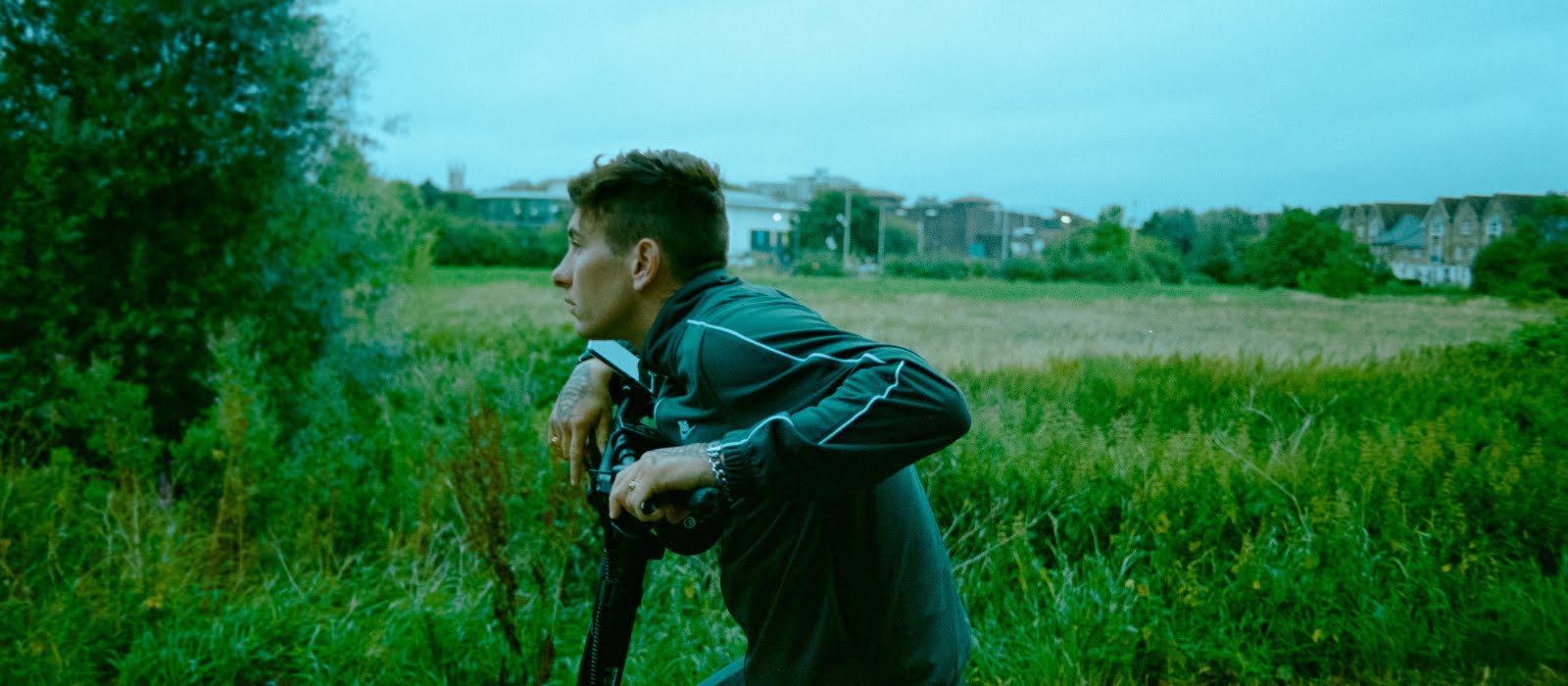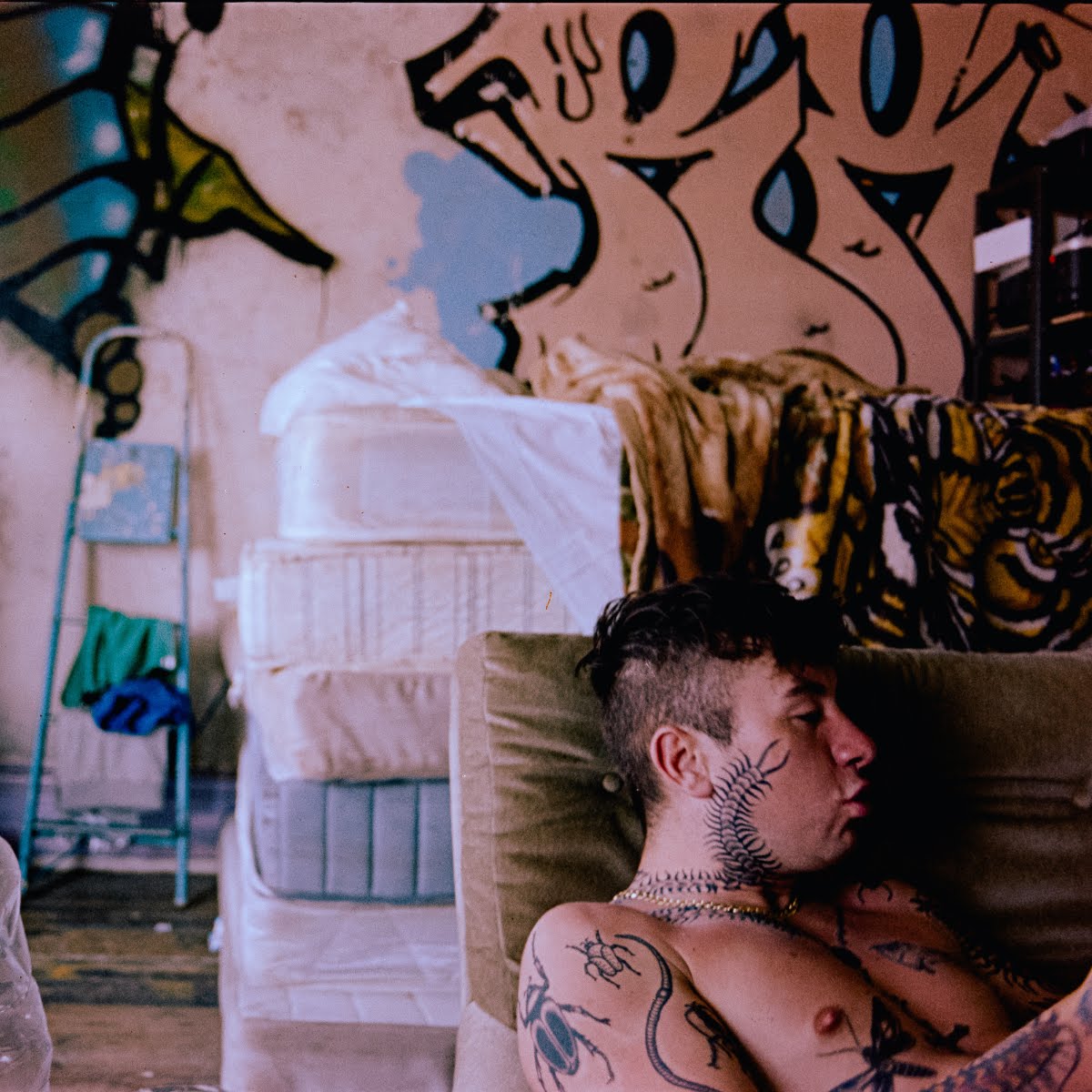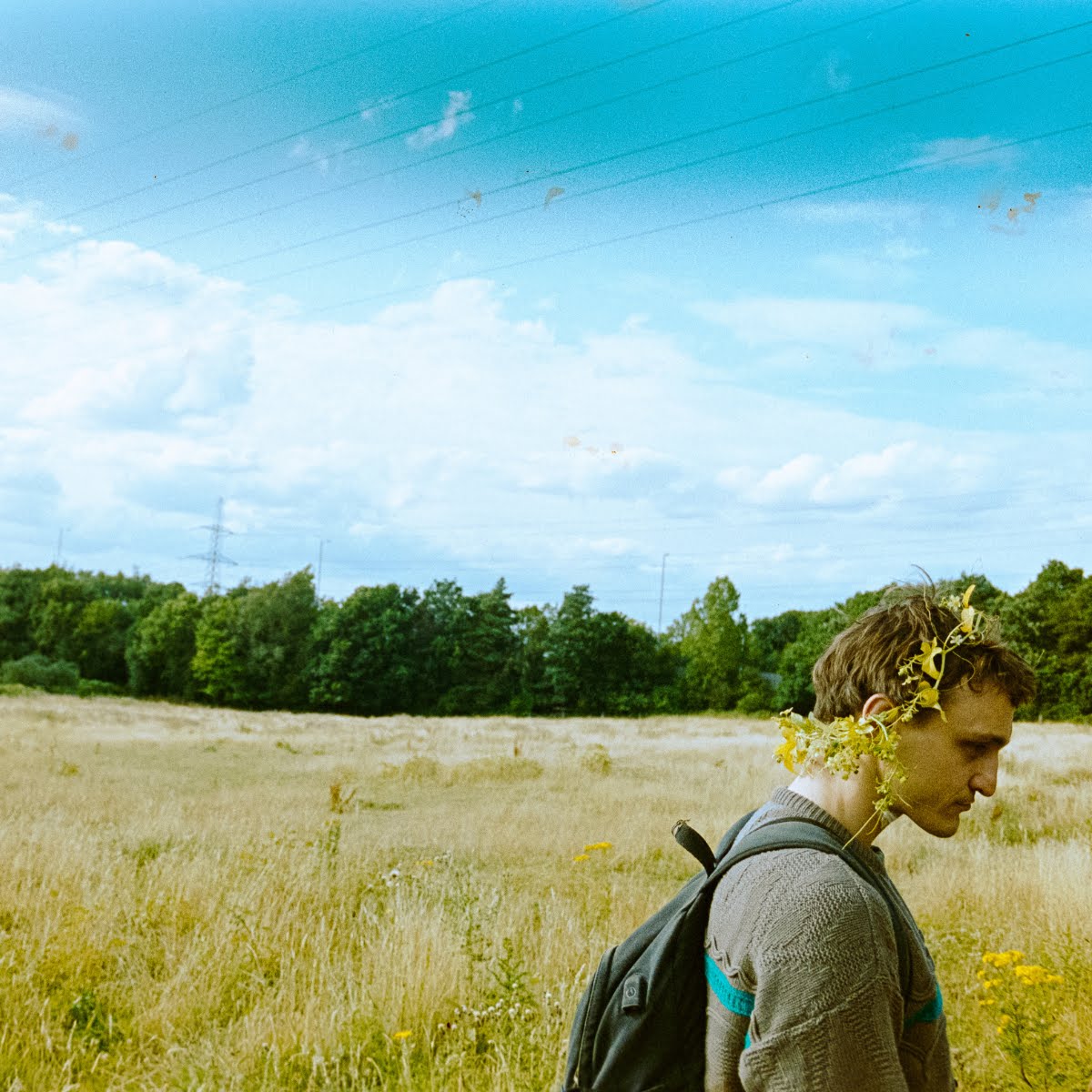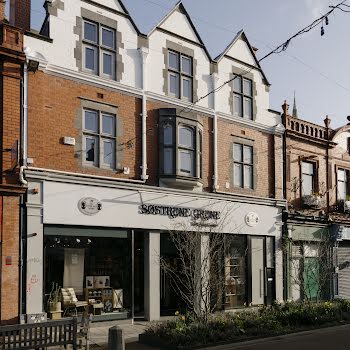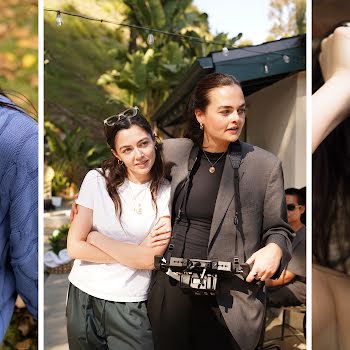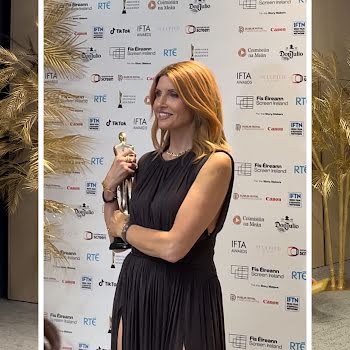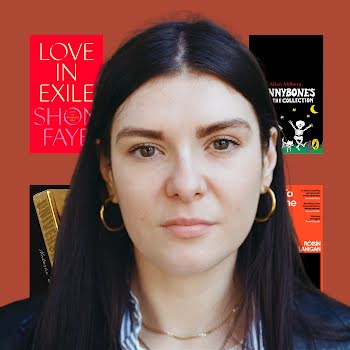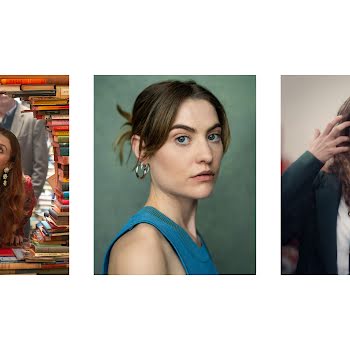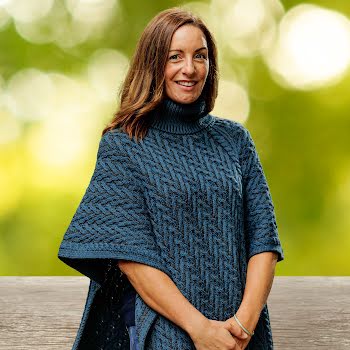Bird review: Franz Rogowski shines in this enchanting film about finding magic in the mundane
Academy Award-winner Andrea Arnold’s long-awaited return to fiction filmmaking, Bird is a heartfelt coming-of-age fable with more than a touch of magic.
The story centres on 12-year-old Bailey (played by newcomer Nykiya Adams), who lives with her devoted but chaotic dad Bug (Barry Keoghan) and her brother Hunter (Jason Buda) in a squat in Gravesend, north Kent. Bailey’s mother Peyton and three younger half-siblings live on the other side of town in even more squalid conditions, plagued by the ever-looming threat of the violent Skate (Peyton’s abusive new boyfriend). Approaching puberty and seeking attention and adventure, Bailey’s fractured home life is transformed when she encounters Bird (Franz Rogowski), a mysterious stranger on a journey of his own.
For those of you not familiar with Arnold’s work, she’s best known for her film Fish Tank (starring Michael Fassbender) which solidified her reputation as a powerful voice in British cinema. Bird is her first scripted feature film since 2016, but it contains all the characteristics she’s come to be known for including symbolic imagery, handheld camera work, sparse dialogue and of course, an incredible soundtrack. Songs like Gemma Dunleavy’s “Up De Flats” and Fontaines DC’s “Bug” are amongst the Irish tracks played throughout, with other features ranging from “Murder on the Dancefloor” (a reference to Keoghan’s closing scene in Saltburn perhaps), to Coldplay’s “Yellow”.
Music plays a key role in the film’s subplot, which sees Bug procure an exotic toad to produce psychedelic slime to fund his wedding. Getting the toad to produce slime proves tricky but Keoghan soon learns that the amphibian responds to “sincere” music… hence, Chris Martin.
With Bug preoccupied with both his fiance and his new pet, Bailey – feeling somewhat cast aside – seeks excitement elsewhere. It’s immediately clear that she perceives the world differently; short vignettes she captures on her banged-up camera phone allow us to see things through her eyes. There is recurrent imagery of nature, animals, and especially birds, which Arnold uses to represent freedom. When Bailey first meets Bird, she’s sceptical of this strange man in a skirt, but her distrust soon gives way to intrigue and the two become friends.
Where Bug is erratic and flighty in nature, Bird is calm and reassuring. Rogowski is exceptional as the enigmatic Bird who is a tender companion to Bailey in some of the film’s more difficult-to-watch scenes. Whether he’s real or a figment of Bailey’s imagination is unclear, but does it matter? Perhaps he and Bug aren’t so different after all; they’re both marginalised figures on the fringes of society, each dealing with their own demons. For all his vices, Bug is not the villain of this story and Keoghan expertly captures the character’s soft-fettled innocence and naivety. He is but a lost soul in pursuit of happiness for himself and his loved ones.
However, where the film truly finds its feet (or should I say wings?) is in its ability to be both bleak and hopeful at once. It’s a wondrous portrait of the transition from childhood to adolescence that doesn’t gloss over the hard parts but doesn’t dwell on them either – it feels almost documentary-like at times. The fantastical element was a surprise, but not an unwelcome one and Bird is a reminder that there is still magic – and music – to be found all around us.
Bird is now showing in Irish cinemas nationwide. You can watch the trailer below.











